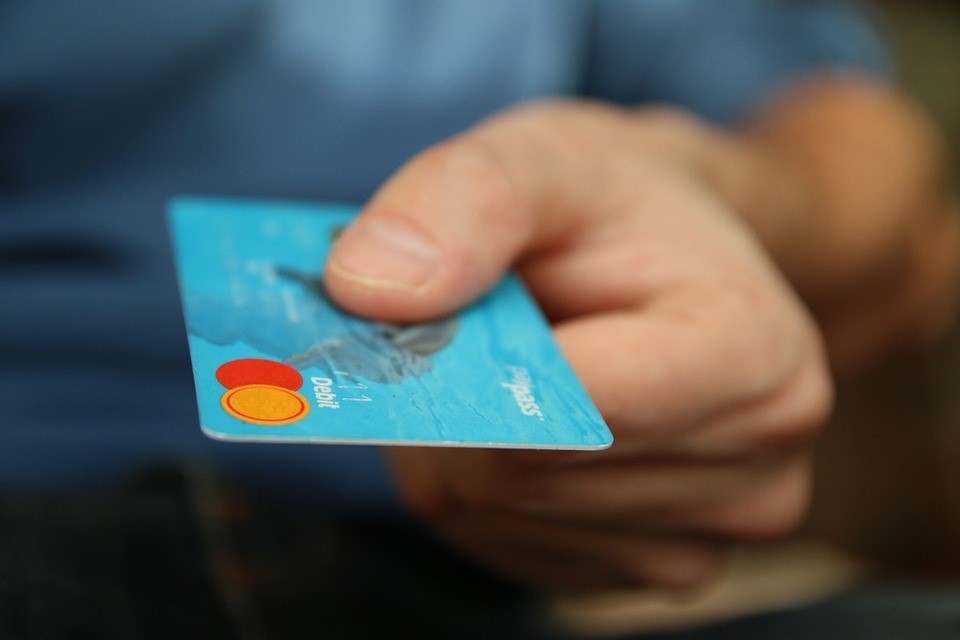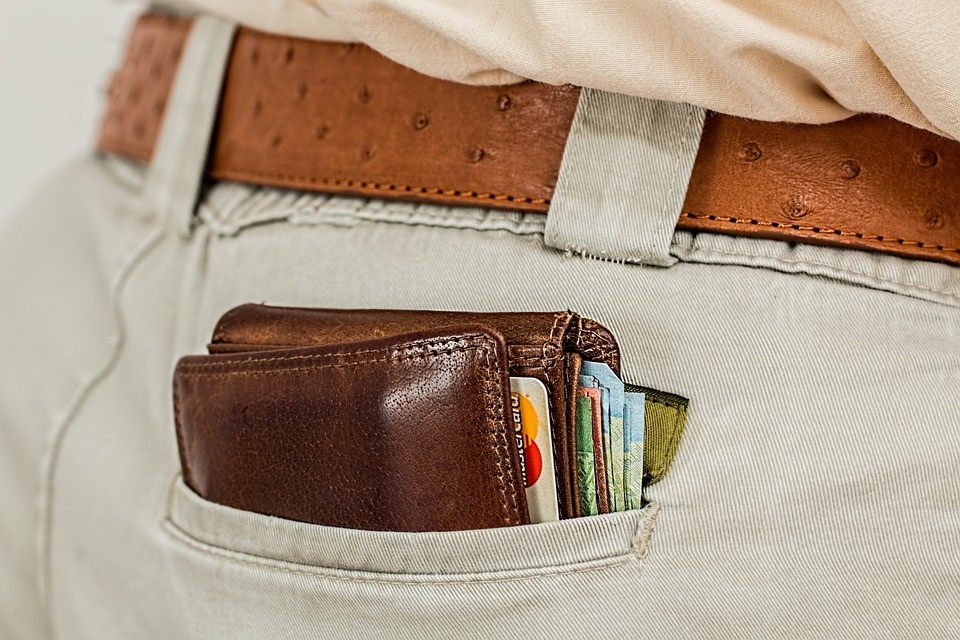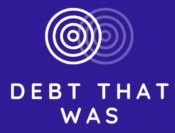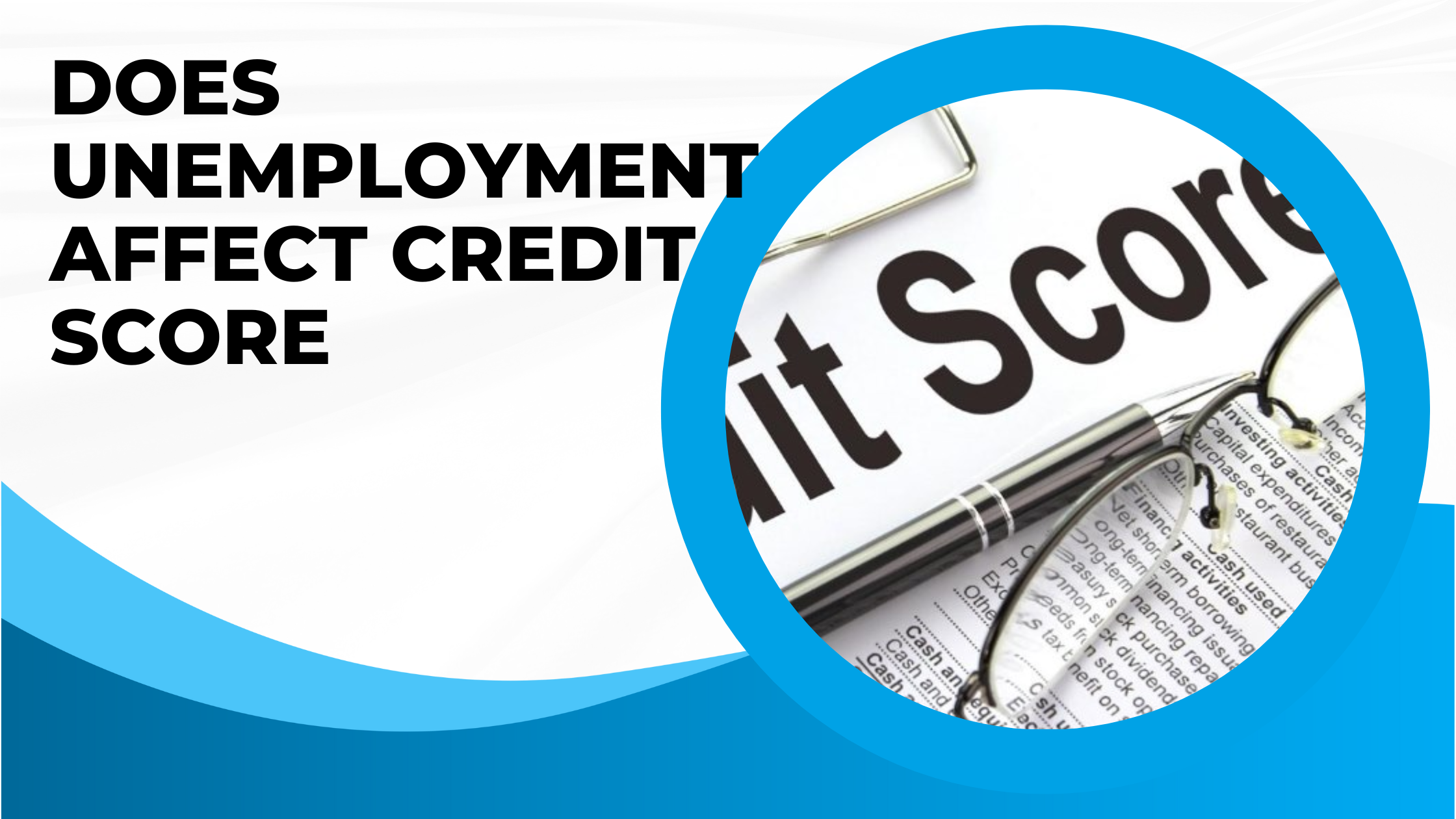“If your sole source of income is your employment, you’re one paycheck away from poverty!”
Unfortunately, this phrase couldn’t be truer for the millions of unemployed Americans who have had to register for unemployment.
Table of Contents
ToggleDoes unemployment hurt your credit score?
There’s no doubt that unemployment, especially the type that happens abruptly, can greatly disorient an individual. From the sudden loss of income to the immediate change of routine and even lifestyle, losing your job can be stressful and, in more extreme cases, depressing.
The truth is that it could happen to anyone or at least a good percentage of the world.
But does that mean your credit score will be reduced if you lose your job?
Does Unemployment Affect Credit Scores?
Unemployment in itself does not affect your credit score. However, issues associated with unemployment could.
Unemployment will usually affect your income, whether your job was your sole source of income or a part of it.
Losing that valuable stream of funds will affect your overall financial landscape.
While this result is inevitable with job loss, the simple truth is that your employment status isn’t a factor in your credit.
With the right preparation, you can protect yourself from the harsh financial realities of unemployment and maintain, if not improve, your credit score.
Does Unemployment Appear on Your Credit Report?
Your entire credit records are kept by leading credit bureaus such as Experian. These records often contain details such as:
- Your personal information
- Credit Inquiries
- Credit account history
- Public records such as bankruptcies
These records can mention your employers, but this only happens if you previously listed them as part of a loan application.
Otherwise, your employment record does not factor into these reports.
These files also don’t record any period during which you were unemployed.
So, whenever a creditor submits your loan application records to any credit bureaus, the bureaus will record information such as where you are currently employed.
However, it will NOT be used as a factor when calculating your credit score.
What is Included in Your Credit Report?
TransUnion, Experian, and Equifax are the three main credit bureaus that compile your credit records. These credit bureaus use systems such as FICO to calculate a 3-digit credit score based on data collected from your creditors.

When you apply for a loan, the lender will submit your information to one of these credit bureaus. This is because these bureaus already have records of other lenders you’ve worked with before, and they can tabulate all that information, which helps them determine how good you are at managing debt.
Some of the information in your credit report includes:
- A record of credit cards and loans you have. This record shows when (dates) you opened these credit accounts and when you closed them, if applicable. It also shows who your creditor is regarding those accounts.
- A record of your credit inquiries – if you looked into getting a loan but either decided against it or were denied.
- A record of your full payment history on the loans and credit accounts you have opened. This includes whether or not you made the payments on time, missed payments, or defaulted on payments.
This kind of information shows how reliable you are when it comes to paying back and managing debt. - A record of any legal information associated with your debt management. This includes things like foreclosures, repossessions, and bankruptcies.
- A record of any debts you have completely defaulted and have been either sent to collection agencies or have just been “charged off” by the associated lender.
As you can see, credit reports don’t contain anything about your current employment status, your income, other assets, or even your bank balance.
Nor do these records contain any information about any applications for unemployment benefits you might have made in the past or the present.
Can Being Unemployed Make It Difficult to Get a Loan?
Being unemployed will most likely put some strain on your income, which often cuts out any disposable income you may have that could have gone toward paying off debt.
While your credit records may not include your employment status, lenders always want to know that you can pay them back comfortably.
They will want to know where you work and verify your source or sources of income. If you are unemployed and have very limited income, lenders will most likely be hesitant about lending you money.

This may have nothing to do with your ability to pay back debt in the past but with your current financial strife.
On the other hand, if you already have a good credit score but are unemployed, lenders who aren’t too averse to risk might decide to take your good credit history into account.
As such, they might be inclined to give you the benefit of the doubt and lend you money anyway.
They may do so at much higher rates and more stringent terms. This is mainly because your current unemployment status makes you a high-risk borrower despite your excellent credit history.
When Does Filing for Unemployment Negatively Affect Your Credit?
Filing for unemployment in and of itself does not directly impact your credit score since it doesn’t factor into your records.
Unemployment records and applications are confidential and can only be shared amongst unemployment agencies on special occasions.
Filing for unemployment does NOT negatively affect your credit. It could just help maintain or even improve your score.
This could work if you use your unemployment benefits wisely and pay off whatever debts you might have to reduce your debt-to-income ratio and maintain a good repayment history.
How Can You Keep Unemployment from Affecting Your Credit?
There are a few tricks you can use to keep unemployment from negatively affecting your credit:
- Make your payments on time using other sources of income
- Monitor your credit to make sure that you don’t go too far above the 30% credit utilization ratio
- Pay off as much debt as you can with whatever benefits you may have received from being laid off
Managing your debt when unemployed will call for a much more robust budgeting system on your part. With enough care and effort, you can not only maintain your good credit score while unemployed, but you can also even improve it.

